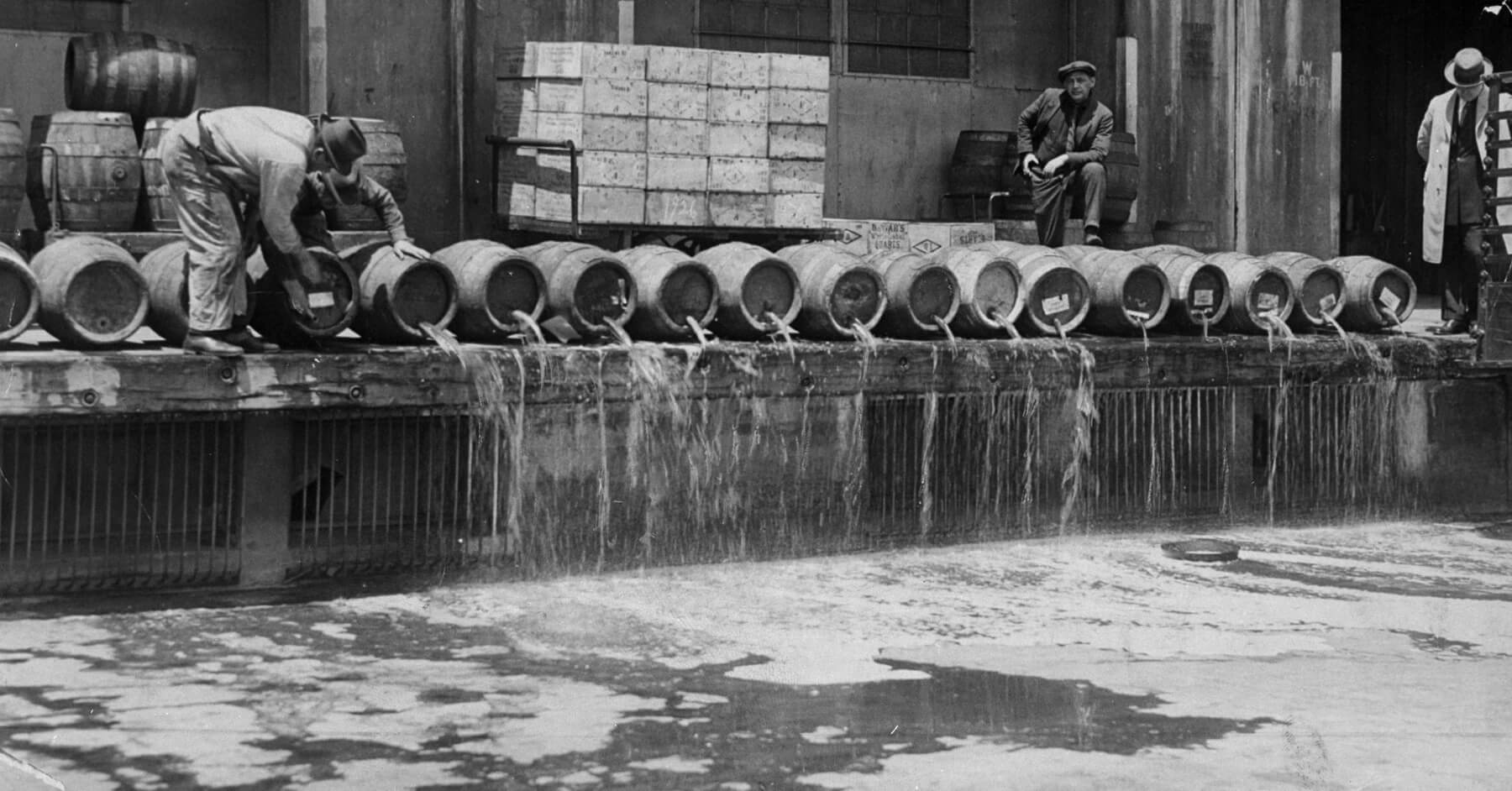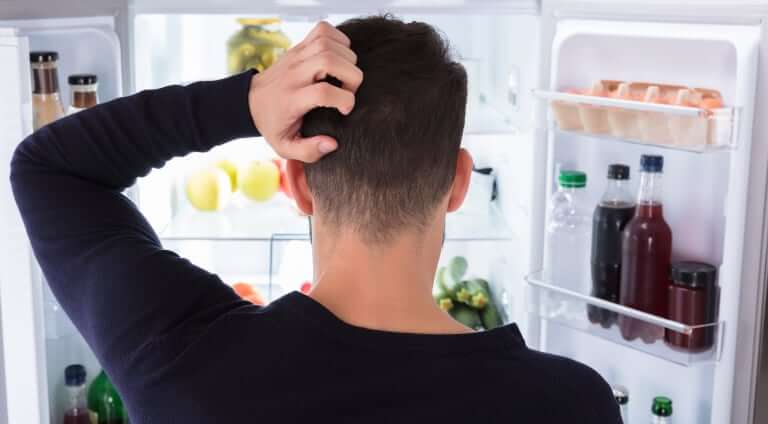What Happens When You Stop Drinking
Here’s how “Dry January” affects your body

“Dry January” has arrived and with it, a wide range of people swearing off alcoholic beverages for the first month of the new year. After indulging over the holidays and likely drinking too much on New Year's Eve, it makes for the perfect time to reset and give your body a break. Initially started in 2012 as an initiative by British nonprofit Alcohol Change UK, it's since grown into a global phenomenon. A recent YouGov poll found that 14% of US adults were planning to participate while another 13% were considering it.
This is still the first full week in January, so in our book, you've got time to give it a try. While we're definitely fond of good wine, cold beer and a finely mixed cocktail, there are some real benefits to taking a break, if only for a few weeks. Here's the science behind what happens to your new alcohol-free body.
You'll Get
In as little as one week away from booze, sleep quality can show a particularly marked improvement. According to research published in the Handbook of Clinical Neurology, drinking alcohol before bed can change sleep patterns significantly. Another review of more than two dozen studies found that while alcohol may help people fall asleep more quickly and deeply at first, the quality of sleep suffers. This is because the all-important REM sleep decreases and night wakefulness increases because of shifting electrical wavelengths in the brain. Which is why you feel so tired even after sleeping hard and long after a heavy night out.
Your Waistline
Shrinks
For starters, much of what you're drinking falls under the "empty calories" category. So putting down less alcohol already saves you calories. And you know those cravings for food when you're buzzed or drunk? A study in the journal Obesity found that those are likely due to alcohol heightening your senses. Researchers noted that when people received an intravenous alcohol infusion equal to two drinks, they ate 30% more food than those who received a plain saline solution. Their conclusion? Even mild intoxication will increase your brain activity in the hypothalamus—making the smells of food more intense, which prompts you to eat more (and more frequently).
Your Skin
Will Clear Up
After a few weeks, you'll notice clearer, brighter and healthier skin. That's because your liver fat reduces by about 15%, increasing the liver's ability to filter toxins out of the body. And because alcohol is a diuretic, it prevents you from fully hydrating—when your body is dehydrated, it saps the moisture from your skin. Redness and inflammation around your cheeks and nose may also start to fade, according to a study published in The International Journal of Cosmetic Science.
You’ll
Save Money
Of course, the biggest benefits are more physical but it turns out, your wallet feels the relief as much as your liver. The financial benefits of cutting booze out of your budget could potentially pay for your next holiday, according to research by British savings website MoneyComms. They found that the average person could save up to $225 in a month. Pair that with your significant other, and you've got a nice jumpstart to a relaxing weekend away. Researchers also found that by extending the dry period to April would net you a weeklong international trip.
But Withdrawal
Is Real
Depending on how much (and how often) you drink, you might experience some subtle withdrawal symptoms. The first being trouble falling asleep, according to Dr. Elspeth Cameron Ritchie, chair of psychiatry at MedStar Washington Hospital Center. She advises afternoon exercise or popping such over-the-counter sleep aids as melatonin to ease you into sleep. On the bright side, this mild disruption has long term benefits. "What we do know is, in general, if people cut back on drinking and they feel better, they're much more likely to stay moderate in their drinking, she said. "And we certainly know that moderate drinking is better than heavy drinking."

Want to Try Again?
If you end up giving in and pouring yourself a drink, you don't have to wait a year to try again. There's also “Dry July” and “Sober October” for your next sobriety challenge.





